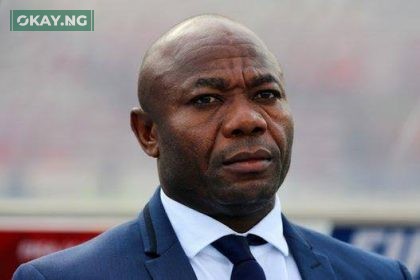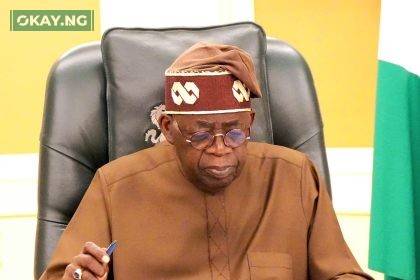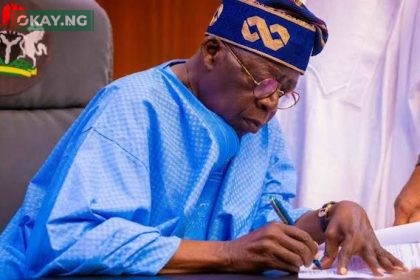Signaling a commitment to transparency and efficiency within Nigeria’s crucial oil sector, the Federal Government has initiated a forensic audit of the Nigerian National Petroleum Company (NNPC). The announcement was made on Wednesday by the Minister of Finance and Coordinating Minister of the Economy, Wale Edun, during an Investors’ Forum held on the sidelines of the World Bank/IMF meetings in Washington D.C.
This development follows a recent shake-up in the leadership of the state-owned oil giant. Earlier this month, President Bola Tinubu dissolved the NNPC board, which included the former Group Chief Executive Officer (GCEO), Mele Kyari, and board chairman, Pius Akinyelure. Mr. Kyari, who was initially appointed by former President Muhammadu Buhari and reappointed by President Tinubu in 2023, has been replaced as part of the restructuring efforts.
The presidency subsequently unveiled an 11-member board with Engineer Bashir Bayo Ojulari stepping in as the new Group CEO and Ahmadu Musa Kida appointed as the non-executive chairman. This was followed by the NNPC’s announcement of an eight-member senior management team, indicating a comprehensive overhaul aimed at injecting fresh perspectives and expertise into the organization.
Addressing a gathering of investors, fund managers, and financial experts in Washington, Minister Edun emphasized the government’s determination to reconcile the financial records of the NNPC. This crucial step is intended to reposition the company for more efficient operations and enhanced service delivery.
“The NNPC needs to come to the table with more dollar revenue,” stated Mr. Edun, highlighting the critical role of the national oil company in bolstering Nigeria’s foreign exchange earnings. His remarks came in response to the government’s ongoing efforts to revitalize oil production amidst global economic uncertainties, particularly the trade tensions between major global players like the United States and China.
The decision to conduct a forensic audit underscores President Tinubu’s administration’s focus on accountability within key government institutions. By scrutinizing the NNPC’s past financial dealings, the government aims to identify any irregularities and implement measures to prevent future issues. This move is likely to be welcomed by international investors who often prioritize transparency and good governance.
Sources familiar with the matter suggest that the audit will delve into various aspects of the NNPC’s operations, potentially including revenue generation, expenditure, and contractual agreements. The findings of this audit could have significant implications for the future structure and operational framework of the NNPC.
This proactive approach by the Nigerian government comes at a time when the global energy landscape is undergoing significant shifts. By ensuring the NNPC operates with utmost efficiency and transparency, Nigeria aims to maximize its potential in the oil and gas sector and contribute more effectively to its economic stability. The outcome of this forensic audit and the effectiveness of the new leadership team will be closely watched by both domestic and international stakeholders.













